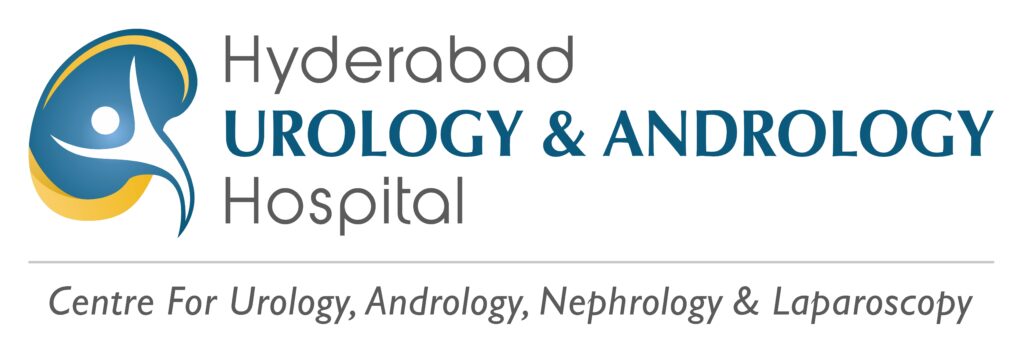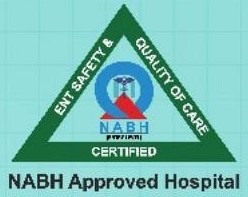Chronic kidney disease is a serious health issue affecting millions worldwide. It’s a condition where the kidneys gradually lose their function over time. Detecting chronic kidney disease early is crucial because timely treatment can slow down its progression and improve quality of life. Understanding what symptoms to watch for and knowing how doctors diagnose this disease can make a big difference in managing it effectively. In this blog, we will delve into the symptoms and diagnostics of CKD, making it simple for everyone to understand.
Understanding the Basics of Chronic Kidney Disease
First off, what exactly is chronic kidney disease? It’s a condition where your kidneys are not working as they should for a long period. The kidneys, as tiny as they are, play a huge role. They filter waste from your blood, help balance body fluids and keep your blood pressure stable. When they’re not functioning correctly, it can lead to waste build-up, which can affect your overall health. CKD is divided into five stages, with stage 1 being mild kidney damage and stage 5 being kidney failure. Understanding these stages can fill in the picture of how this disease progresses over time.
Identifying the Risk Factors for CKD
There are several risk factors for developing chronic kidney disease:
- Diabetes: High sugar levels can damage the blood vessels in your kidneys.
- High blood pressure: This condition can put extra strain on the kidneys, leading to damage.
- Family history of CKD: Genetics can play a role too.
Recognizing these risks can guide you to get screenings early and manage your health better. Lifestyle changes like eating healthier and regular exercise can also help in reducing these risks.
Unveiling the Symptoms of Chronic Kidney Disease
Spotting symptoms of chronic kidney disease can be tricky, especially in the early stages. Often, symptoms are so subtle that they’re easily missed:
– Stages 1–3: You might not even notice anything out of the ordinary.
– Stages 4–5: Symptoms become more apparent. You might feel tired all the time. Your feet may swell, making it uncomfortable to walk. These physical changes can disrupt daily life.
Feeling more tired than usual, or noticing swelling in your feet? These might be signs your kidney health needs attention. As CKD progresses, it can start to affect your routine significantly, causing difficulties and discomfort.
Diagnostic Approaches for CKD Uncovered
So, how do doctors check if someone has chronic kidney disease? There are a few simple tests they typically use:
– Blood tests: These measure how well your kidneys are filtering blood, looking at things like estimated Glomerular Filtration Rate (eGFR) and serum creatinine levels.
– Urine tests: These check for abnormal amounts of protein or blood in your urine, signaling kidney issues.
– Imaging tests: Sometimes, doctors use imaging to get a clearer picture of the kidneys.
In certain situations, a kidney biopsy might be needed for a more detailed analysis.
Taking Action: Steps after a CKD Diagnosis
Got a diagnosis of CKD? It’s important to see a kidney specialist, called a nephrologist. They can guide you on treatment options and care plans. Lifestyle adjustments are crucial. Eating a balanced diet low in sodium and protein can be beneficial. Consistent medication use, along with regular check-ups, plays a vital role in managing the disease effectively. Always keep an eye on your overall health and talk with your healthcare provider about any changes in your symptoms.
Living with CKD: Managing for Better Outcomes
Living with chronic kidney disease requires some adjustments, but it doesn’t mean you have to miss out on life. A balanced diet full of fresh fruits, vegetables, and whole grains can help manage the symptoms. Preventing further damage is about making small, positive lifestyle changes. Don’t let common myths mislead you; instead, focus on holistic care methods.
At Hyderabad Urology & Andrology Hospital, our expert team is dedicated to providing comprehensive, personalized care—from regular check-ups to advanced interventions—ensuring patients receive the best possible support on their journey toward a healthier future. If you or a loved one are dealing with kidney-related concerns, don’t hesitate to reach out and take the first step toward proactive and effective care.


